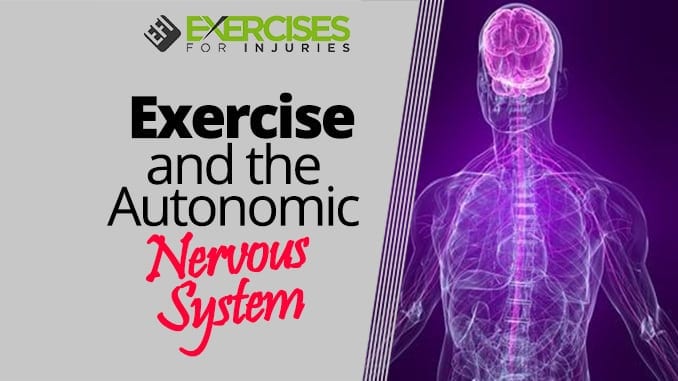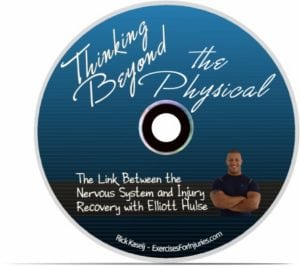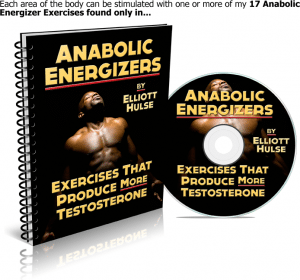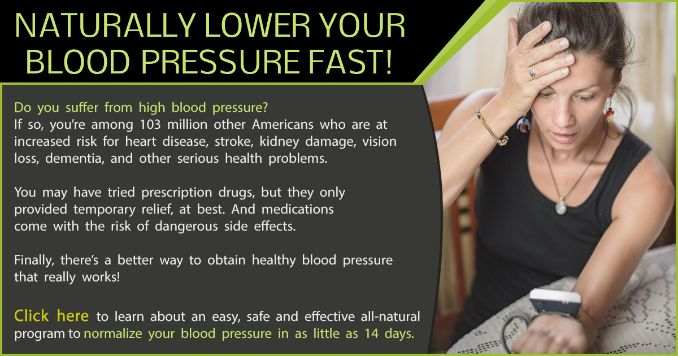
The autonomic nervous system (ANS) controls the function of our internal organs and other processes not directly under conscious control. When you are talking to someone, for example, the ANS is working hard to make sure your heart rate and blood pressure stay within healthy limits. The ANS also controls your body’s response to stressors and challenges in the environment, including exercise. When it comes to exercise, this has implications for how much stressors like exercise — specifically high-intensity interval training — can help you lose weight as well as how exactly it affects you at a physiological level.
For some people in university, their favorite class was the nervous system. I can’t say that I was one of those people. I learned what I needed to know and moved on to the next class. The class that I loved was the anatomy class that focused on bones and muscles.
After the interview with Elliott Hulse on thinking beyond the physical, it got me thinking about the nervous system more about injuries.
When I start thinking about injuries, I head over to the research to see what it has to say on the topic. There was a lot of excellent analysis on the subject, to my surprise. I was not expecting to find much on exercise and the autonomic nervous system.
Before I go into the research, let me bring Elliot back here to explain the autonomic nervous system.
What Does the Autonomic Nervous System Do?
Brazilian Paper on ANS and Exercise
I could summarize the paper but let me take some key excerpts from the article instead:

“Sympathetic overactivity is common in many cardiovascular disease states and is related to a higher incidence of morbidity and mortality. Reductions in sympathetic outflow, whether at rest or during conditions that produce sympathoexcitation, may occur following exercise training. Alterations in the cardiovascular regions of the brain stem and other regions influenced by the levels of physical activity are likely to play a role in long-term cardiovascular health. Future studies will be important to identify further the central mechanisms involved in physical activity-dependent changes in the control of sympathetic nervous system activity.”
Let me quickly summarize what they suggest:
- Exercise helps decrease sympathetic outflow
- An increase in sympathetic nervous system activity increases the risk of cardiovascular disease
- Higher sympathetic activity relates to a higher incidence of morbidity and mortality
Let’s go to one more research paper.
Exercise is Good For Turning Down the Activity of the Autonomic Nervous System
Let me go through the key highlights of the paper:
- Sympathetic nervous system overactivity is seen in hypertension and heart failure, examples of cardiovascular disease.
- Exercise has been shown to reduce hypertension and sympathetic nervous system activity.
- Exercise reduces resting blood pressure and sympathetic outflow.
- Exercise changes central nervous system plasticity, which leads to an alteration of the regulation of the sympathetic nervous system.
Exciting stuff. I know cardiovascular fitness has been getting bashed of late in the fat loss world, but it has other benefits other than just losing fat.
Spontaneous Movement to Balance out the Autonomic Nervous System
I got an excellent example for you on spontaneous exercise.
Even if you don’t care about this stuff (exercise and autonomic nervous system), I know this will put a smile on your face.
I was at my four-year-old son’s preschool party day yesterday. This is when the kids sing a few songs for the parents. My son got into the music and then broke into an impromptu dance solo (30-second mark of the video). I hurt my face from laughing and smiling so much. Have a watch:
I can not take credit for these dance moves; I think he gets them from my wife.
Looking at the article above, I think the video of my son sums it up nicely. If you want to have a balanced life, get moving, dance a little, and smile a lot. Your autonomic nervous system will be happy, and so will the rest of your body.
Exercises to Decrease Sympathetic Activity
If you are looking for exercises that decrease sympathetic activity, check out Anabolic Energizers.
This is a little workout that Elliott Hulse put together. I have been doing them during the week, especially when I feel stressed. It might be something that will help you or your clients out.
That is it.
Take care and have a great day.
Rick Kaselj, MS



